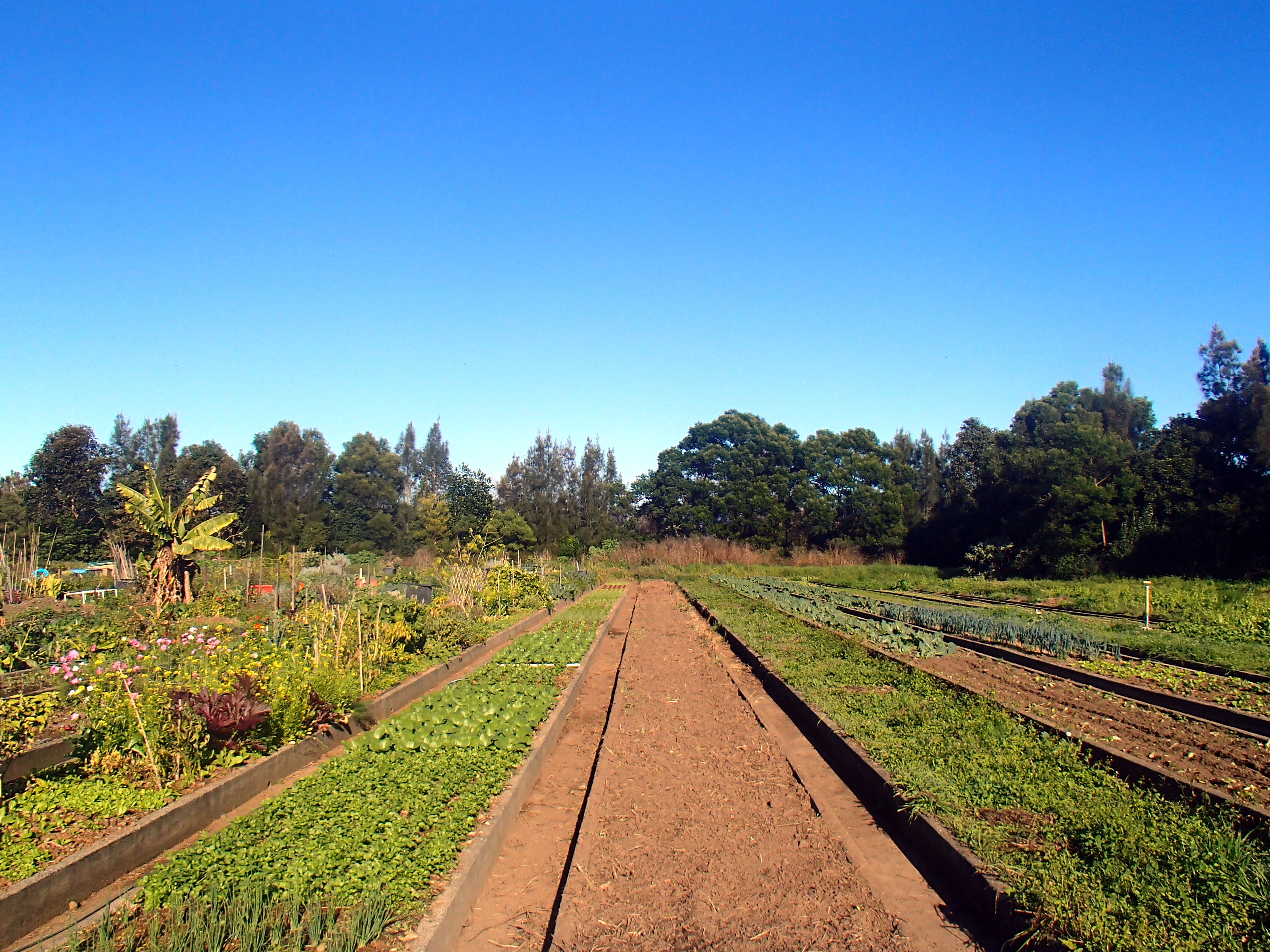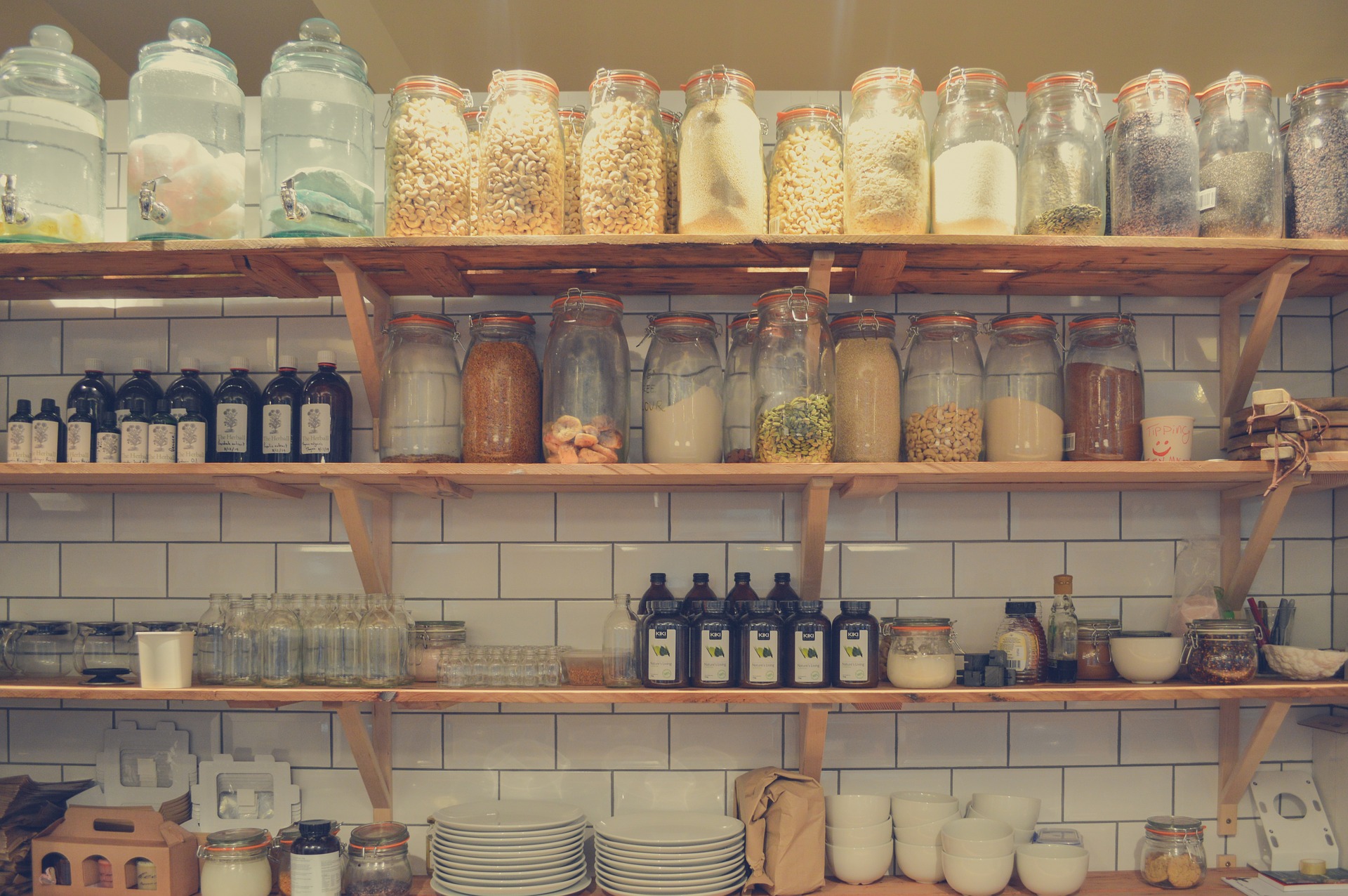Every now and again I read a post on a blog and get really excited. Last week it was this: Why I still eat meat (and call myself an environmentalist) by Jo Hegerty. The post finishes with a term I hadn’t come across before but absolutely love: being a bettertarian.
Being a bettertarian is basic: rather than restricting your diet to vegetarian, vegan, paleo, carnivore or anything in between, understand where your food comes from. Jo summarises it like this:
Being Bettertarian means:
-
Knowing where your food comes from and thinking about the true cost of what you’re eating.
-
Much less meat, down to 400 grams or less per person per week.
-
Choosing to eat from local sources only.
-
Respect for the land and the animal.
-
Waste nothing: use every part of the animal – or choose from farmers who do.
My personal diet is just that. And if you have read my blog for a bit you will have noticed that I’m also very passionate about food and cooking with fresh ingredients.
Today, let me dissect this whole notion of ‘bettertarianism’ a bit more and draw out some main points about diets in general. In particular, the distinction between whole foods and processed foods becomes important for bettertarians.
1. Bettertarians eat whole foods
The term whole food is used to describe unprocessed food, which is food in its original form. Whole food comes in various shapes and forms, from fruit and veggies to milk, meat and seafood. It’s food that has not been turned into anything, food that hasn’t been processed such as sausages or even cheese.
A whole food diet is a diet that demands a lot of processing at home. I once heard the comment that you could eat anything you wanted as long as you make it yourself. With that came the example of apple pie and ice cream for dessert. In itself an unhealthy dessert option but if both components are made at home, it’s considered part of a whole foods diet.
2. Bettertarians reduce processed food
However, it’s not always easy to distinguish between processed food and whole food. Processed food, maybe by definition, are altered in a large processing plant. That’s not necessarily always the case but generally speaking, processing food means to change the flavour, consistency, and shape of whole food.
An example of processed food is cheese. Cheese is basically altered/fermented milk. This processing of milk doesn’t make cheese inherently bad for human consumption but it’s important to keep in mind that any processing adds ingredients to raw food. For cheese, moulds and fungi might come to mind which turn milk into blue cheese or Camembert.
3. Bettertarians ask questions
This difference between processed and whole foods is important to understand in order to make the shift to mostly whole foods and a bettertarian diet. Some foods are difficult to process at home and are more economical to buy processed.
Being a bettertarian does not exclude processed foods but rather urges me to understand where (and possibly how) my food is made. It forces me to explore questions such as: where do my veggie grow, where is the flour for my bread grown and milled, where do the chickens live who give me eggs, where does my meat come from.
Some of these questions might be next to impossible to answer but I want to start a conversation about the origin of my (our) food. I made a humble beginning by visiting the farm where my veggies come from.
The ultimate goal
You might wonder why I care where I get my food from. I want to know because I want to understand how food reaches my plate. My intention is to connect with my food by looking at the source.
Understanding the source of my food will lead me to a simpler diet. My diet is already pretty wholesome but there are some whole foods I’m unsure about. Milk, in particular, is one I usually like to ignore. Have you ever asked yourself why milk prices rarely increase in the Western World? A friend pointed out to me that milk prices in Australia have rather decreased in the last thirty years while all other foods have gotten more expensive. Yes, it’s a complex system of subsidies and production but I want to explore this question further.
Becoming, being and staying a bettertarian is a journey. Join me and help me explore the origin of our food. Comment below with any resources you found insightful, may this be locally relevant or spanning the globe.




